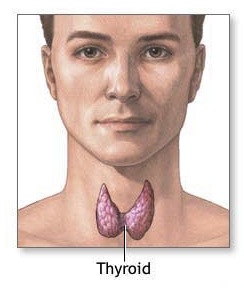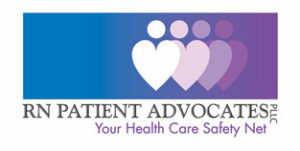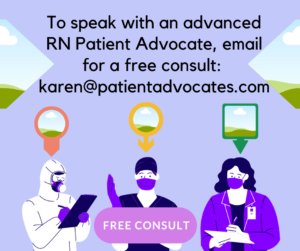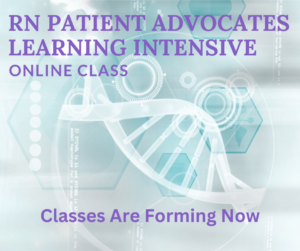Question: Is there more than one cause for low thyroid function? Yes. Is it critical to understand which cause affects your own low thyroid function? Absolutely.
 The most common cause of hypothyroidism is called Hashimoto’s Thyroiditis, is an autoimmune illness(immune system attacking the body itself). Affecting 2-7% of the population, only about 10% are accurately diagnosed.
The most common cause of hypothyroidism is called Hashimoto’s Thyroiditis, is an autoimmune illness(immune system attacking the body itself). Affecting 2-7% of the population, only about 10% are accurately diagnosed.
The problem: if the cause of your low thyroid condition is Hashimoto’s, then the medication treatment you may be receiving may not work well or actually make it worse.
Mary Ackerley, MD, explains: “Typically Hashimotos patients have been identified by standard testing as being deficient in thyroid. This is not because the thyroid is not producing enough hormones. It is because the thyroid tissue is actively being attacked and destroyed by its own immune system. However they are being treated as if the problem was simply that they need more thyroid hormone. Typically they are put on thyroid replacement and sent away. Yet they experience no symptom relief and continue to remain tired, sluggish, cold, constipated, depressed and have difficulty losing weight.”
Could this be affecting you or someone you love? Read more here. . .
 The most common cause of hypothyroidism is called Hashimoto’s Thyroiditis, is an autoimmune illness(immune system attacking the body itself). Affecting 2-7% of the population, only about 10% are accurately diagnosed.
The most common cause of hypothyroidism is called Hashimoto’s Thyroiditis, is an autoimmune illness(immune system attacking the body itself). Affecting 2-7% of the population, only about 10% are accurately diagnosed.
The problem: if the cause of your low thyroid condition is Hashimoto’s, then the medication treatment you may be receiving may not work well or actually make it worse.
Mary Ackerley, MD, explains: “Typically Hashimotos patients have been identified by standard testing as being deficient in thyroid. This is not because the thyroid is not producing enough hormones. It is because the thyroid tissue is actively being attacked and destroyed by its own immune system. However they are being treated as if the problem was simply that they need more thyroid hormone. Typically they are put on thyroid replacement and sent away. Yet they experience no symptom relief and continue to remain tired, sluggish, cold, constipated, depressed and have difficulty losing weight.”
Could this be affecting you or someone you love? Read more here. . .





Recent Comments